Does Your Teaching Have the 4 Categories of High Quality PBL?
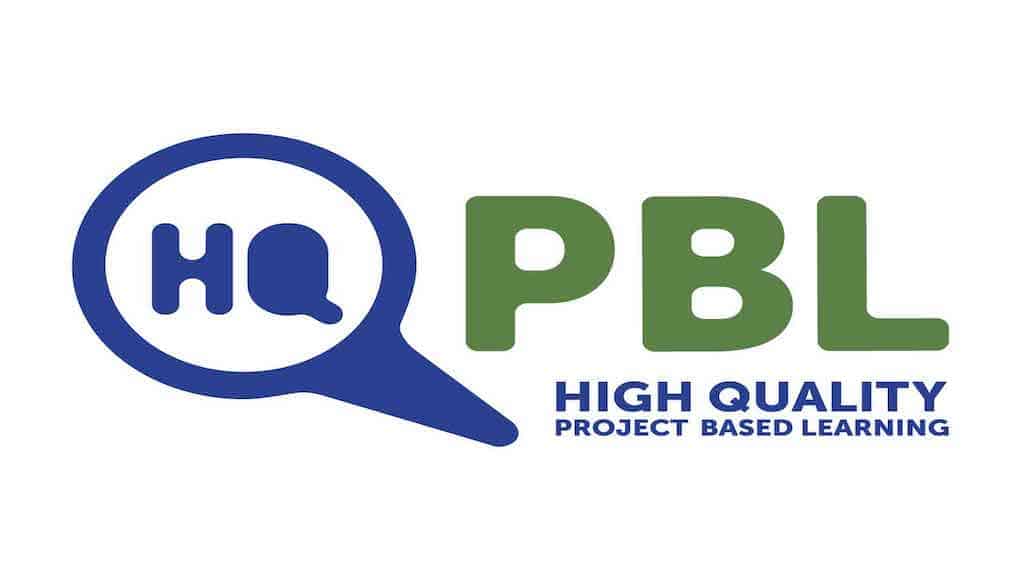
Project Based Learning (PBL) is increasingly recognized as a powerful instructional practice, both in the United States and around the world. More and more educators are trying to use project-based methods to engage their students toward meaningful, deeper learning. Currently, there is no collectively-developed, widely-accepted high-quality PBL Framework to guide aspiring educators.
A team of educators from around the world is working to fill that void and is creating a Framework for High Quality PBL (HQ PBL). The goal of the HQ PBL project is to collaboratively draft, iterate upon and ultimately share a framework that can be used by educators to inform and improve their PBL practice, professional development and projects.
The HQ PBL team is seeking potential school case study sites to highlight in the final draft of the Framework. Know of a school that demonstrates HQ PBL purposes, processes, products and/or principles (see more on the 4 categories below)? Encourage them to fill out the following form by June 28th.
Visit the HQ PBL website to provide feedback, get involved and sign-up for monthly updates. Input that is collected will be used to inform revisions of the Framework. The first draft of the Framework was released in early 2017 and includes four HQ PBL Categories:
***The following categories are still a draft. The final Framework for High Quality PBL and corresponding categories will be released after several iterations and rounds of critique.***
|
Purposes. The goals of High Quality Project Based Learning are to:
Processes. In High Quality Project Based Learning, students:
Products. High Quality Project Based Learning leads to the creation of a product such as a display, performance, or construction that is:
Principles. The core values that guide High Quality Project Based Learning are:
|
Stay tuned for more posts on the 4 categories, where we will unpack each one and provide examples from schools around the world, and be sure to complete the inquiry form if you are interested in participating as a case study for the HQ PBL project.
For more, see:
- What We Are Doing to Ensure High Quality PBL For All
- 35 Leaders on the Successes and Challenges of Project-Based Learning
- 30 Leaders on the Successes and Challenges of Project-Based Learning
- Two EdLeaders on Global, High Quality Project Based Learning
This blog is part of the High Quality PBL project. This project is supported by Project Management Institute Educational Foundation (PMIEF) and the William and Flora Hewlett Foundation. For more, see hqpbl.org and follow @BIEpbl for all the latest news and resources on high-quality project-based learning and use hashtag #PBL.
Stay in-the-know with all things EdTech and innovations in learning by signing up to receive the weekly Smart Update.
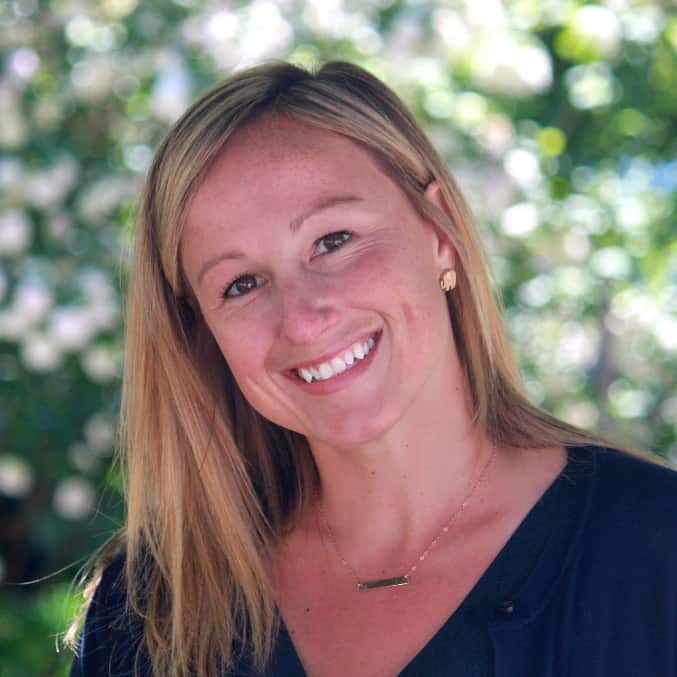


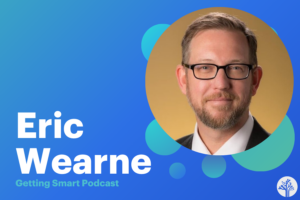


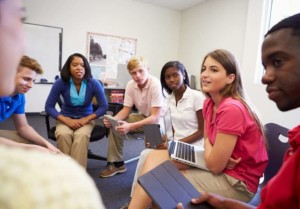
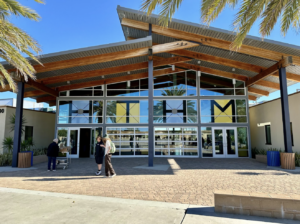

0 Comments
Leave a Comment
Your email address will not be published. All fields are required.